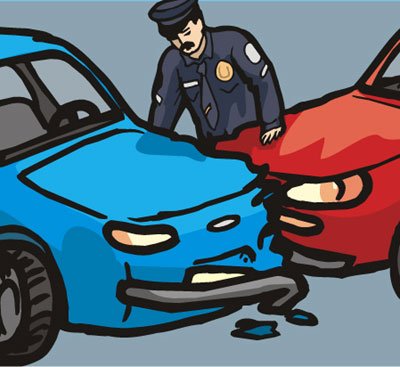Morgan Hill
– It’s prom season, and while several state laws are designed to
keep teen drivers and other motorists safe, some teens may not take
them seriously, law enforcement officials said.
Morgan Hill – It’s prom season, and while several state laws are designed to keep teen drivers and other motorists safe, some teens may not take them seriously, law enforcement officials said.
Jan Masuda, a family counselor and former Morgan Hill Unified School District board member, said she frequently sees families struggling with the rules and regulations.
The traditional teen-angst cry, “But everyone’s doing it,” is still a household staple, she said.
The law that went into effect Jan. 1, 2006, prohibiting teens from driving their friends until they’ve had their license for one year.
The previous time period was six months.
Parents struggle, too, with the new law because of higher gas prices and the convenience of carpooling to school and athletic practices.
But Morgan Hill Police Chief Bruce Cumming said laws such as the passenger law and the proposed cell phone ban for teens are important.
“Kids, when they first get their license, are more likely to have accidents,” he said. “I don’t know the precise statistics, but kids are more likely to get in an accident the first few months after getting their license. Anything we can do to keep them safe, such as limiting their distractions during that time period, is a plus.”
The National Highway Traffic Safety Administration reports 16-year-old drivers are 10 times more likely to be involved in a collision than drivers between the ages of 30-59.
A study conducted by the Traffic Injury Research Foundation in 2000 concluded that crash rates among provisional licensees do not begin to stabilize until about 15 months after they get their licenses.
Morgan Hill police traffic officer Steve Pennington said that while an officer cannot pull over a teenage driver simply because there are other teens in the car, other violations, including speeding, not wearing a seat belt, not coming to a complete stop, are grounds for a traffic stop, and if the teen has not had his or her license more than a year, they can be cited.
The law requires teen drivers to have their license for one year before being allowed to drive between 11pm and 5am and before being permitted to have passengers under the age of 20 years unless accompanied and supervised by a licensed parent, guardian, instructor, or person 25 years of age or older.
Teens can be fined $35 to $50, ordered to perform community service and see their license suspended or revoked, depending on the number of violations they have, according to the California Vehicle Code.
Cumming said that while protecting kids is a good idea, there’s only so much police can do.
“What parents have to do is pay attention to their own kids,” he said. “Parents need to say, if their teens say everyone else is doing it, is that in this household, we follow the law.
“Kids have to mature, it’s about maturity. I think those laws are well-intended, but it’s also another thing to be enforced. It can be something that can drive a wedge between the police and kids, they think everybody’s picking on them.
“We need to find a balance to this whole thing, but most importantly, parents have to play a big role in this, in setting examples. If mom or dad is driving down the road texting, well, what are the teens going to do.”















